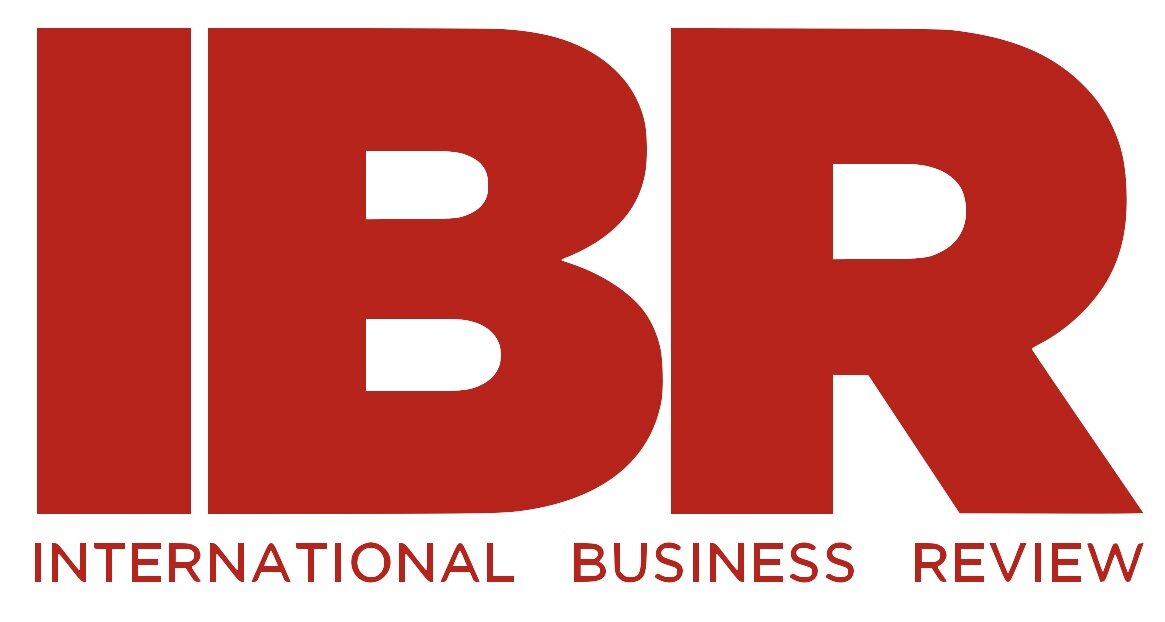Upon the formation of our world’s first stock markets, investing in stocks was generally restricted to those in the upper classes of wealth. Aside from the purchasing of bonds, there was a general lack of investing options and little to no brokerage firms to service the working American class that had just enough extra money to invest in the markets.
Eventually, firms such as Charles Schwab and Ameritrade, founded in the early 1970’s, pioneered the mission to increase accessibility to the stock market and the field of investing. Their business model allowed for middle class Americans to open accounts with these firms, allowing individuals to buy and sell stocks on their own. This change marked a strong movement away from firms investing the large sums of money provided to them by institutional investors to a more freelanced, grassroots approach.
This new freedom allowed people to independently buy and sell securities, albeit with heavy trading fees. Each stock trade cost roughly $50.00, worth about $320 today. The implications of this hefty fee were such that the class restrictions of the past remained, starting a decades-long race to lower transaction fees to appeal to as broad a market as possible.
This continual slow lowering of fees lasted until recently when in 2016 startup Robinhood LLC. started to offer unlimited free transactions, upending the stock brokerage industry. Since then it has continued to pioneer with free options and cryptocurrency trading, opting for a different business model than most firms. This type of payment structure attracted millennial investors to the platform, giving the startup a stronger market share to keep experimenting with ways to chip away at its established competition. While the established firms did not collect a significant percentage of revenue from transaction fees, they were losing key, profit-driving accounts to new startups like Robinhood.
While the situation looked grim, Charles Schwab recognized an opportunity to turn a near guaranteed loss in revenue into a major acquisition. Schwab had been looking to acquire rival, TD Ameritrade for a long time and had trouble due to the valuation of the companies and differences in how revenues were brought in. While Schwab only collected 8% of its revenue through transaction fees and commissions, they comprised 36% of TD Ameritrade’s revenue.
This massive difference allowed Schwab to match Robinhood’s revolutionary new concept, reducing their trading fees to $0. Although it appeared as though Schwab had just given up 7% of its revenue, their reduction in trading fees forced TD Ameritrade to follow suit to keep its clientele. TD Ameritrade’s valuation plummeted, as roughly a third of their base revenue had come from commissions and fees. TD Ameritrade’s vulnerability allowed Charles Schwab to swing in and purchase them outright for $26 billion on November 25th, 2019. As a result, Schwab obtained a considerably larger share of the market, leaving them with less competition and a managing base of $5 trillion. With a forward-thinking mindset and a bold strategy few would pursue, Charles Schwab managed to turn a crisis of fees into a stellar acquisition.
Bennett Katz is a freshman in the College of Arts and Sciences studying International Relations and Economics. His interests include international politics, sports analytics and investing. In his free time, Bennett is involved with fantasy football and researching potential companies to invest in.
Sources:
https://www.cnbc.com/2019/11/20/robinhood-to-launch-commission-free-stock-trading-app-in-the-uk.html
https://www.thestreet.com/investing/how-does-robinhood-make-money-14856528
https://www.bankrate.com/investing/zero-fee-broker-commissions-long-term-investors-win/

